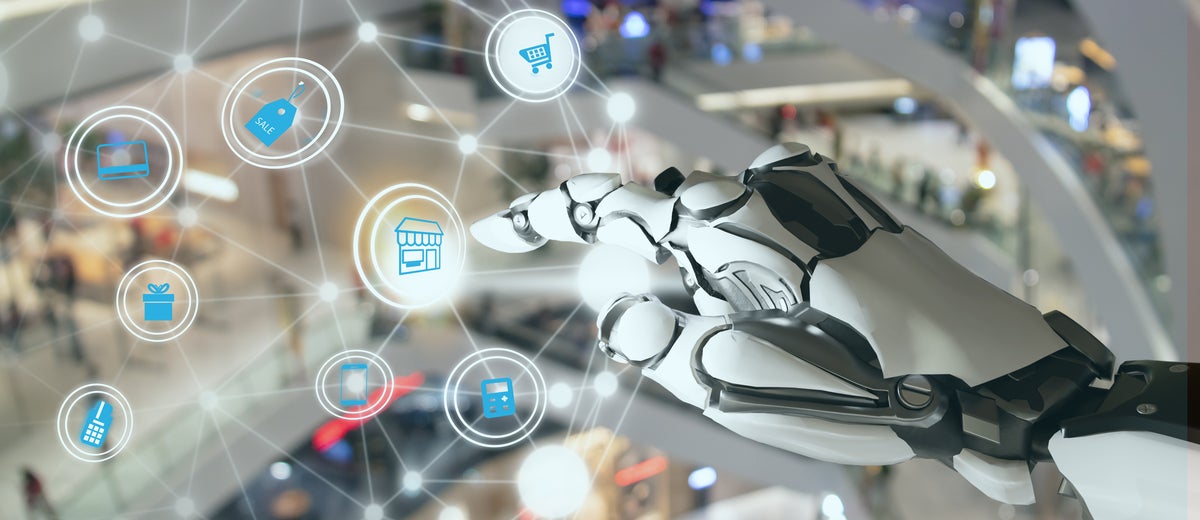As a large number of companies continue to test and deploy generative artificial intelligence (genAI) tools, many are at risk of AI errors, malicious attacks, and running afoul of regulators — not to mention the potential exposure of sensitive data.
For example, in April, after Samsung’s semiconductor division allowed engineers to use ChatGPT, workers using the platform leaked trade secrets on least three instances, according to published accounts. One employee pasted confidential source code into the chat to check for errors, while another worker shared code with ChatGPT and “requested code optimization.”
ChatGPT is hosted by its developer, OpenAI, which asks users not to share any sensitive information because it cannot be deleted.
“It’s almost like using Google at that point,” said Matthew Jackson, global CTO at systems integration provider Insight Enterprises. “Your data is being saved by OpenAI. They’re allowed to use whatever you put into that chat window. You can still use ChatGPT to help write generic content, but you don’t want to paste confidential information into that window.”
The bottom line is that large language models (LLMs) and other genAI applications “are not fully baked,” according to Avivah Litan, a vice president and distinguished Gartner analyst. “They still have accuracy issues, liability and privacy concerns, security vulnerabilities, and can veer off in unpredictable or undesirable directions,” she said, “but they are entirely usable and provide an enormous boost to productivity and innovation.”
A recent Harris Poll found that business leaders’ top two reasons for rolling out genAI tools over the next year are to increase revenue and drive innovation. Almost half (49%) said keeping pace with competitors on tech innovation is a top challenge this year. (The Harris Poll surveyed 1,000 employees employed as directors or higher between April and May 2023.)
Those polled named employee productivity (72%) as the greatest benefit of AI, with customer engagement (via chatbots) and research and development taking second and third, respectively.
The Harris Poll/InsightAI adoption explodes
Within the next three years, most business leaders expect to adopt genAI to make employees more productive and enhance customer service, according to separate surveys by consultancy Ernst & Young (EY) and research firm The Harris Poll. And a majority of CEOs are integrating AI into products/services or planning to do so within 12 months.
“No corporate leader can ignore AI in 2023,” EY said in its survey report. “Eighty-two percent of leaders today believe organizations must invest in digital transformation initiatives, like generative AI, or be left behind.”
About half of respondents to The Harris Poll, which was commissioned by systems integration services vendor Insight Enterprises, indicated they’re embracing AI to ensure product quality and to address safety and…
2023-08-21 06:48:03
Link from www.computerworld.com rnrn
